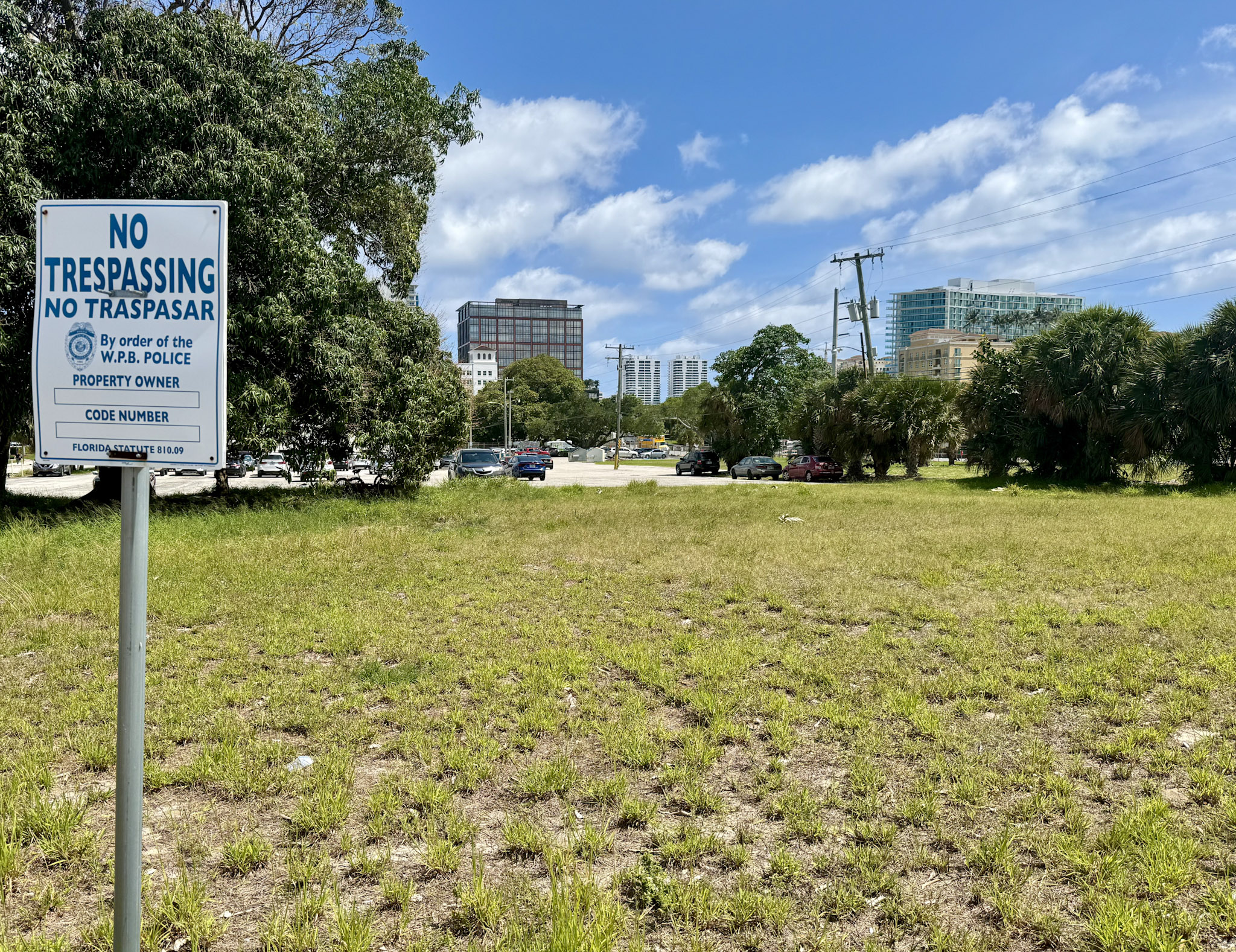Report on Resumption of Recycling Collection in Montrose and Its Alignment with Sustainable Development Goals
Introduction
After several weeks of delays, Solid Waste Management (SWM) trucks have resumed recycling collection in Montrose, Houston. This report outlines the recent developments, challenges faced, and the implications for sustainable urban waste management, emphasizing the alignment with the United Nations Sustainable Development Goals (SDGs), particularly SDG 11 (Sustainable Cities and Communities), SDG 12 (Responsible Consumption and Production), and SDG 13 (Climate Action).
Background and Community Impact
- Delay in Recycling Collection: Residents in the Hyde Park neighborhood and other areas such as Glenwood Forest experienced a lack of recycling collection for several weeks, with some bins left unemptied for about four weeks.
- Community Adaptation: Residents like Kristin and Roy Schlinkert resorted to sharing bin space with neighbors to manage recyclables during the service interruption.
- Resident Concerns: The delays, unprecedented in recent years, have led to skepticism about future service reliability among community members.
Service Request Data and Operational Challenges
- There has been a significant increase in missed recycling pickup requests, with 7,412 service requests submitted to 311 in the current month, compared to 3,081 in May and 1,638 in April.
- Factors contributing to delays include holiday impacts, maintenance requirements for SWM trucks, and the implementation of new systems by an interim director.
- Longstanding issues such as understaffing, deferred maintenance, and funding shortages have exacerbated service challenges, as noted by former SWM director Mark Wilfalk.
Official Responses and Strategic Initiatives
- Interim Leadership Actions: The new interim director, Larius Hassen, is reportedly installing systems and taking steps to eliminate the recycling backlog and improve service schedules.
- Mayor’s Office Statement: Mayor John Whitmire’s office expressed satisfaction with the new leadership and emphasized a commitment to transparency and service improvement.
- Upcoming Reporting: Director Hassen is scheduled to present a comprehensive report to the Houston City Council outlining departmental issues and future plans.
Alignment with Sustainable Development Goals
- SDG 11 – Sustainable Cities and Communities: Resuming recycling collection supports sustainable urban living by promoting waste management infrastructure and community well-being.
- SDG 12 – Responsible Consumption and Production: Efficient recycling services encourage responsible waste disposal and resource recovery, reducing environmental impact.
- SDG 13 – Climate Action: Improved waste management contributes to climate mitigation by reducing landfill use and associated greenhouse gas emissions.
Conclusion and Recommendations
The resumption of recycling collection in Montrose marks a positive step towards sustainable urban waste management. However, persistent operational challenges highlight the need for prioritizing solid waste management within city governance to ensure consistent and reliable services. Continued transparency, adequate funding, and strategic system improvements are essential to meet SDG targets and foster resilient, sustainable communities in Houston.
1. Sustainable Development Goals (SDGs) Addressed or Connected
- SDG 11: Sustainable Cities and Communities
- The article discusses waste management and recycling services in Houston neighborhoods, which are critical components of sustainable urban living.
- SDG 12: Responsible Consumption and Production
- Recycling collection and waste management directly relate to responsible consumption and production patterns.
- SDG 6: Clean Water and Sanitation
- Proper solid waste management helps prevent pollution and protects water quality, indirectly supporting this goal.
- SDG 16: Peace, Justice and Strong Institutions
- The article highlights governance issues such as understaffing, deferred maintenance, and transparency in public service management.
2. Specific Targets Under Those SDGs Identified
- SDG 11: Sustainable Cities and Communities
- Target 11.6: Reduce the adverse per capita environmental impact of cities, including by paying special attention to air quality and municipal and other waste management.
- SDG 12: Responsible Consumption and Production
- Target 12.5: Substantially reduce waste generation through prevention, reduction, recycling, and reuse.
- SDG 6: Clean Water and Sanitation
- Target 6.3: Improve water quality by reducing pollution, minimizing release of hazardous chemicals and materials, and substantially increasing recycling and safe reuse globally.
- SDG 16: Peace, Justice and Strong Institutions
- Target 16.6: Develop effective, accountable and transparent institutions at all levels.
3. Indicators Mentioned or Implied to Measure Progress
- Indicator for SDG 11.6
- Proportion of municipal solid waste collected and managed in controlled facilities.
- The article mentions the number of service requests for missed recycling pickups (7,412 in June, compared to 3,081 in May and 1,638 in April), which can be used as an indicator of waste management efficiency and service reliability.
- Indicator for SDG 12.5
- National recycling rate, tons of material recycled.
- The article implies delays in recycling collection, affecting the recycling rate and waste reduction efforts.
- Indicator for SDG 6.3
- Proportion of wastewater safely treated and proportion of bodies of water with good ambient water quality.
- While not directly mentioned, improved solid waste management reduces pollution, indirectly impacting these indicators.
- Indicator for SDG 16.6
- Proportion of the population satisfied with their last experience of public services.
- The article highlights public dissatisfaction and skepticism due to delays and management issues, indicating challenges in institutional effectiveness and accountability.
4. Table of SDGs, Targets, and Indicators
| SDGs | Targets | Indicators |
|---|---|---|
| SDG 11: Sustainable Cities and Communities | 11.6: Reduce the adverse per capita environmental impact of cities, including municipal waste management. | Proportion of municipal solid waste collected and managed in controlled facilities; Number of missed recycling pickup service requests. |
| SDG 12: Responsible Consumption and Production | 12.5: Substantially reduce waste generation through prevention, reduction, recycling, and reuse. | National recycling rate; Tons of material recycled; Recycling collection efficiency. |
| SDG 6: Clean Water and Sanitation | 6.3: Improve water quality by reducing pollution and increasing recycling and safe reuse. | Proportion of wastewater safely treated; Proportion of bodies of water with good ambient water quality (implied). |
| SDG 16: Peace, Justice and Strong Institutions | 16.6: Develop effective, accountable and transparent institutions at all levels. | Proportion of population satisfied with public services; Transparency and accountability measures in waste management institutions. |
Source: khou.com







